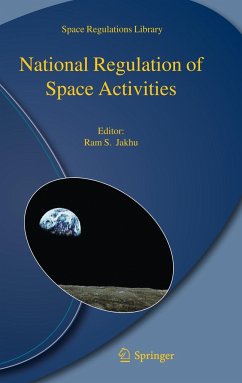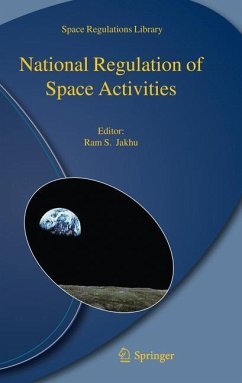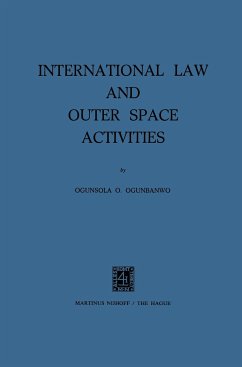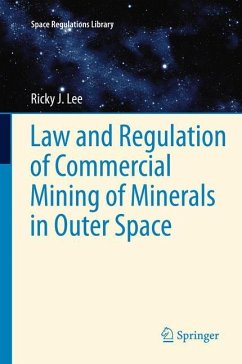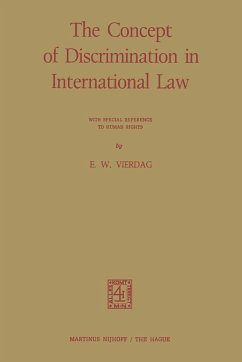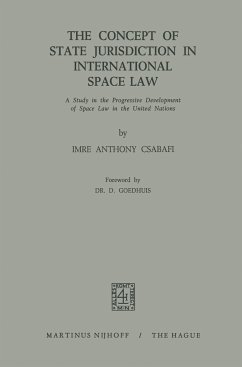
The Concept of State Jurisdiction in International Space Law
A Study in the Progressive Development of Space law in the United Nations

PAYBACK Punkte
20 °P sammeln!
Dr. Csabafi in his clearly and concisely written book sets out to confront the most pressing jurisdictional problems arising from the exploration and use of outer space, problems which the authors of the Outer Space Treaty of 27th January, 1967, have not attempted to solve. He has recognized that in view of the lack of sufficient knowledge of tech nological capabilities present and anticipated of the utilization of outer space and its political, economic and social implications, the time is not yet ripe for the elaboration of specific rules to govern most of the highly com plex issues in this ...
Dr. Csabafi in his clearly and concisely written book sets out to confront the most pressing jurisdictional problems arising from the exploration and use of outer space, problems which the authors of the Outer Space Treaty of 27th January, 1967, have not attempted to solve. He has recognized that in view of the lack of sufficient knowledge of tech nological capabilities present and anticipated of the utilization of outer space and its political, economic and social implications, the time is not yet ripe for the elaboration of specific rules to govern most of the highly com plex issues in this context. Apart from the lack of sufficient knowledge and experience, the achieve ment of a consensus on rules regarding jurisdiction in outer space is further hampered by the strongly divergent interpretations of the fundamental prin ciples of the Outer Space Treaty namely the principle of freedom of outer space for exploration and use and the principle of non-appropriation of outer space. In various parts of his study Dr. Csabafi has, on the basis of a thorough study of the preparatory work of the Outer Space Treaty, ex pressed his views on the meaning of these principles.





